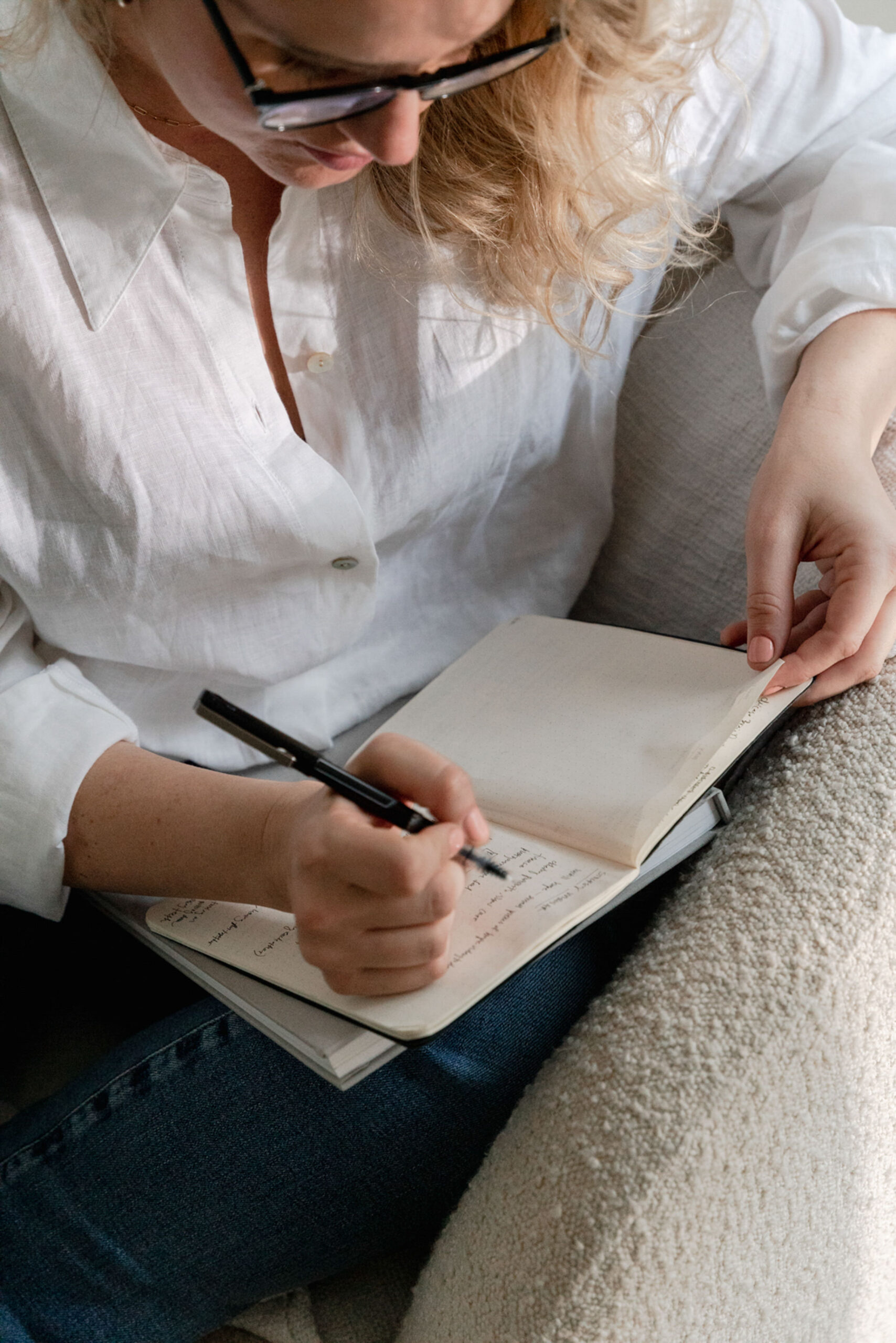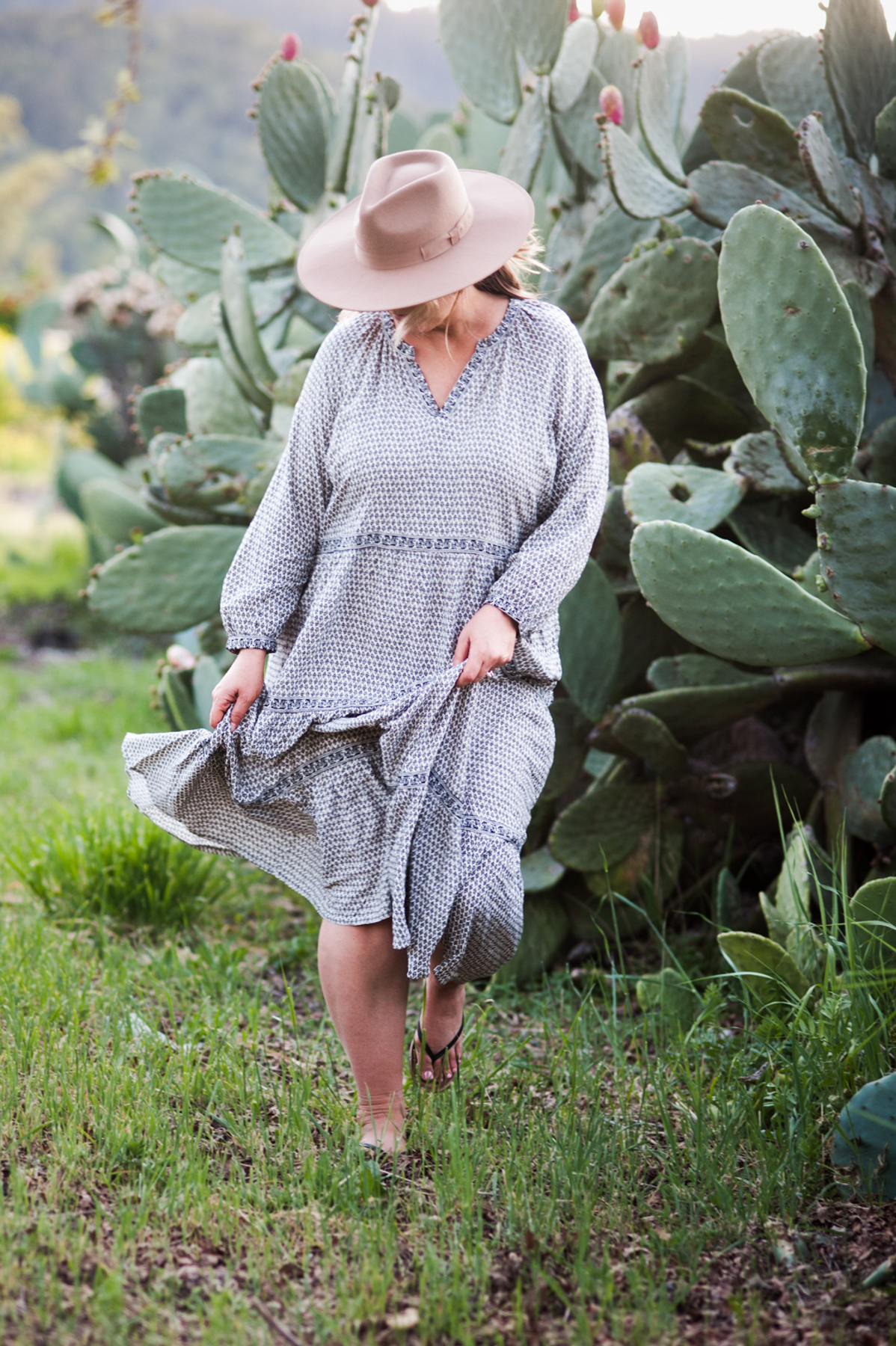No is one of the simplest words. It has only two letters, and it’s one of the first words babies and toddlers learn. Yet it’s a struggle for so many of us to say “No.” Why is that?
Why It’s So Hard to Say “No”
If you’ve ever felt a knot in your stomach just thinking about turning down an invitation or request, you’re not alone. You’re experiencing the struggle of how to say “No”. There are many reasons why saying “no” can feel impossible. For one, we often equate saying “no” with being rude or unkind, thanks to societal conditioning that promotes selflessness and compliance. Another reason is the fear of disappointing others or being rejected. It’s almost as if saying “yes” is the default setting, and anything else feels like a rebellion.
Sarah‘s personal struggle to say “No”
Let me share with you a story from my client, Sarah, who found herself struggling with saying “No”. Sarah is a dedicated professional and a loving friend, always eager to help out. But she realized that her constant “yes” was taking a toll on her well-being. It started with small things like agreeing to work late when she was exhausted, but soon escalated to bigger commitments that left her with no time for herself.
One day, Sarah was asked to organize a big event at the last minute. She knew it would be a huge task and that it wasn’t even her responsibility, but she felt obligated to agree. As a result, she spent sleepless nights preparing, missed out on personal time, and felt overwhelmed with stress.
Learning to Say “No” Without Guilt
After discussing her situation, Sarah and I worked on reframing her mindset about saying “no.” We talked about how boundaries are a form of self-respect and that it’s okay to prioritize her needs. We also practiced a few polite but firm ways to say “no,” such as:
- “I’m sorry, but I can’t take on any additional tasks right now.”
- “Thank you for thinking of me, but I have other commitments.”
- “I really appreciate the offer, but I need to focus on my current responsibilities.”
The next time Sarah was asked to take on something outside her capacity, she used one of these responses. To her surprise, the person who made the request was understanding, and she felt a sense of relief and empowerment. She had conquered the struggle of saying “No”.
Why Setting Boundaries Matters
Setting boundaries isn’t just about saying “no.” It’s about creating space for the things that matter most to you—your health, your relationships, and your peace of mind. When you say “yes” to everything, you end up spreading yourself too thin and compromising your own happiness.
If you’ve been struggling with saying “no,” know that it’s a journey. Start small, practice with friends or family, and remember that your worth isn’t tied to how much you do for others. By setting healthy boundaries, you’re not only taking care of yourself but also building more authentic connections with those around you.
Your Turn to Practice & end the struggle to say “No”
I encourage you to think about a recent situation where you felt uncomfortable saying “no.” How could you have handled it differently? What words would you use if it happened again? Write down a few responses and keep them handy for the next time you’re faced with a similar situation.
Another tip to end the struggle of saying “No” is setting boundaries that are fully aligned. If you’d love to do that, grab my free checklist, 8 Steps to Healthy Boundaries, where I guide you through the 8 steps you need to take to set boundaries that are fully aligned, feel good to set, and are being respected. You can grab it here:



Share this page